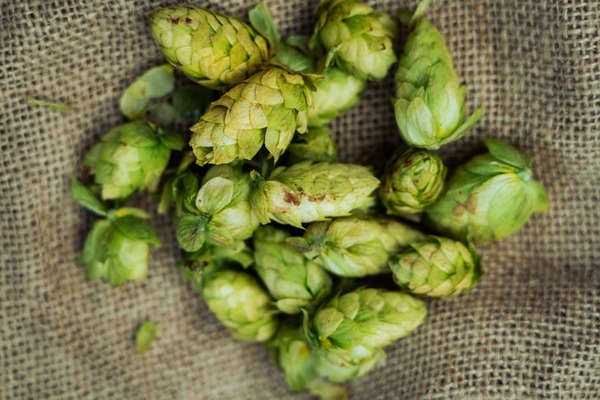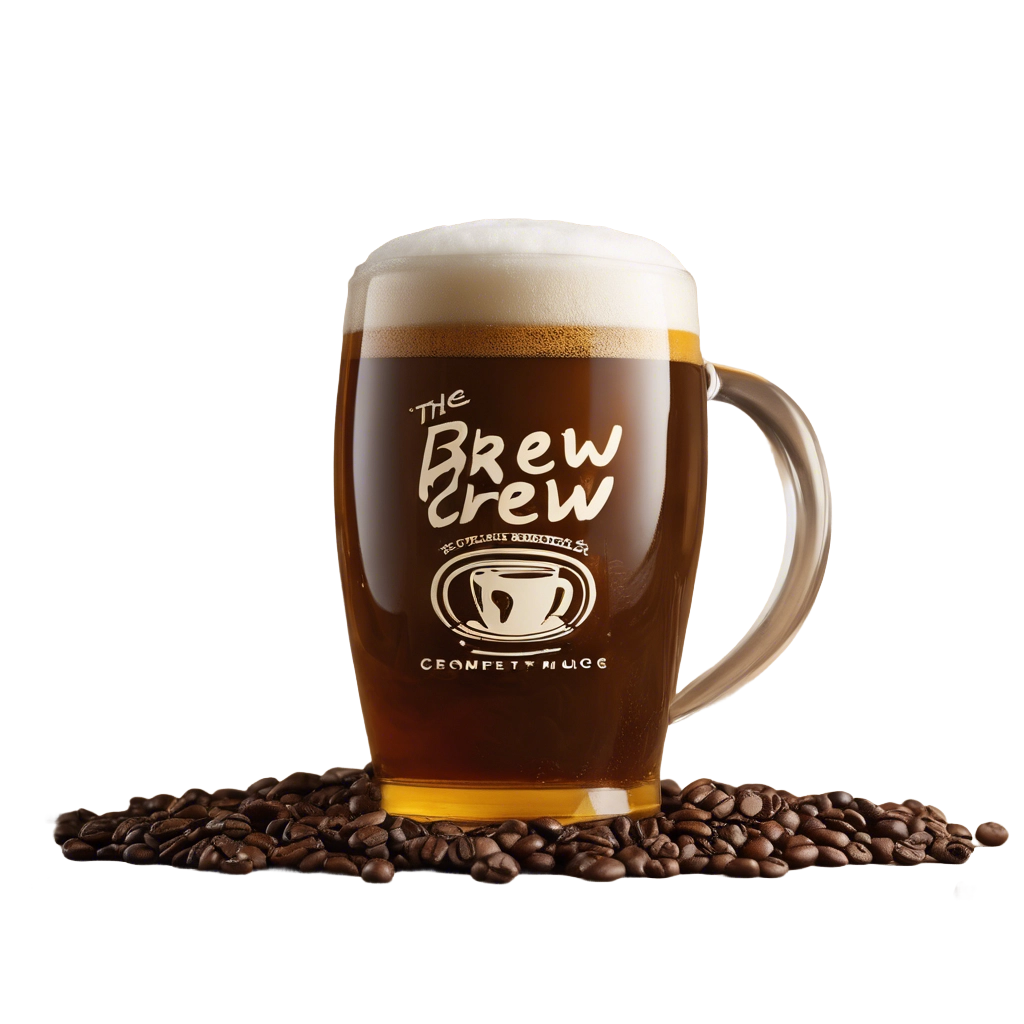- Brew BuddyList
- Blog
- Understanding Beer Ingredients: Hops, Malt, Yeast, and Water
Understanding Beer Ingredients: Hops, Malt, Yeast, and Water

Are you a beer enthusiast who wants to dive deeper into the magical world of brewing? Well, buckle up and get ready for a crash course on beer ingredients! From the bitter, aromatic hops to the sweet, malty backbone, each component plays a crucial role in crafting the perfect pint. So, grab a cold one and let's take a closer look at hops, malt, yeast, and water - the fantastic four of beer making.
Beer Ingredients 101: A Crash Course in Hops, Malt, Yeast, and Water
Whether you're a craft beer connoisseur or a casual drinker, understanding the key ingredients in your favorite brew can enhance your appreciation of the beverage. Hops, malt, yeast, and water are the building blocks of beer, each contributing unique flavors, aromas, and characteristics to the final product. So, let's break it down and explore the role of each ingredient in the brewing process.
Hops: The Green Gems of Beer Making
Hops are the green, cone-shaped flowers that give beer its bitterness, aroma, and flavor. These little green gems are responsible for balancing the sweetness of malt with their bitterness, as well as imparting floral, citrus, pine, or spicy notes to the brew. In addition to flavor, hops act as a natural preservative, helping to extend the shelf life of beer. So, next time you take a sip of your favorite IPA, thank the hops for their bitter magic!
Malt: The Backbone of Every Brew
Malt is the backbone of beer, providing the fermentable sugars that yeast convert into alcohol during fermentation. Malt also contributes to the color, body, and flavor of the beer, with different types of malt offering varying degrees of sweetness, roastiness, and maltiness. Whether it's pale malt for a light lager or roasted barley for a rich stout, malt is essential for creating a well-balanced brew.
Yeast: The Magical Microorganisms Behind Fermentation
Yeast are the unsung heroes of beer brewing, responsible for converting sugars into alcohol through the process of fermentation. These magical microorganisms come in various strains, each imparting its unique flavors and aromas to the beer. While ale yeast tends to produce fruity and spicy esters, lager yeast yields clean and crisp flavors. Without yeast, beer would simply be sweet, sugary liquid - so raise a glass to these tiny but mighty organisms!
Water: The Unsung Hero of Beer Brewing
Water is often overlooked when it comes to beer ingredients, but it plays a crucial role in shaping the flavor, mouthfeel, and overall character of the brew. The mineral content of water can impact the final taste of the beer, with hard water producing bold, hoppy beers and soft water resulting in smoother, malt-forward brews. Brewers often adjust the water chemistry to achieve the desired flavor profile, making water a subtle but significant ingredient in beer making.
A Match Made in Heaven: How Hops and Malt Work Together
Hops and malt may seem like opposites, with hops providing bitterness and aroma while malt offers sweetness and body. However, these two ingredients work in perfect harmony to create a well-balanced beer. The bitterness of hops helps to counteract the sweetness of malt, while the malt provides a sturdy backbone to support the hoppy flavors. When combined in the right proportions, hops and malt create a symphony of flavors that dance on your taste buds with each sip.
From Grain to Glass: The Journey of Beer Ingredients
The journey of beer ingredients from grain to glass is a fascinating one, involving multiple steps of mashing, boiling, fermenting, and conditioning. Malt is mashed with hot water to extract sugars, hops are added during boiling to impart bitterness and aroma, yeast is pitched to kickstart fermentation, and water is added to achieve the desired strength and flavor. Each ingredient plays a vital role in shaping the final product, resulting in a complex and flavorful brew that is a testament to the art of brewing.
Yeast Beast: Unleashing the Power of Fermentation
Fermentation is where the magic happens in beer brewing, as yeast converts sugars into alcohol and carbon dioxide. This process not only produces alcohol but also generates a wide range of flavors and aromas that give beer its unique character. From fruity esters to spicy phenols, yeast is responsible for adding complexity and depth to the brew. So, next time you enjoy a pint of beer, raise a toast to the yeast beast that made it all possible!
The Taste of Terroir: How Water Impacts Beer Flavor
Just like wine, beer can also exhibit a sense of terroir, with water playing a significant role in shaping the flavor profile of the brew. The mineral content of water, as well as its pH and hardness, can influence the taste, mouthfeel, and overall character of the beer. Brewers often source water from specific regions known for their unique mineral composition, resulting in beers that reflect the terroir of the water source. So, pay attention to the water in your beer - it's more important than you think!
Cheers to Beer Ingredients: The Key to Crafting the Perfect Brew
In conclusion, the key ingredients of beer - hops, malt, yeast, and water - are essential for creating a well-balanced and flavorful brew. Each ingredient contributes its own unique characteristics to the final product, from the bitter bite of hops to the sweet richness of malt, the fruity esters of yeast, and the subtle influence of water. So, the next time you raise a glass of beer, take a moment to appreciate the magic of these ingredients and the artistry of the brewers who bring them together. Cheers to beer ingredients - the unsung heroes of brewing!
Posted By





